Introduction
The Philippines has emerged as a popular destination for international students seeking to pursue an MBBS (Bachelor of Medicine, Bachelor of Surgery) degree. Renowned for its high-quality medical education, English-speaking environment, and affordable tuition fees, the Philippines offers a conducive environment for students aspiring to become medical professionals. In this comprehensive guide, we will delve into the advantages of studying MBBS in the Philippines, the application process, and what students can expect during their academic journey.
Why Choose the Philippines for MBBS?
Quality Medical Education
Philippine medical universities are recognized globally for their excellent medical education standards. Many universities are accredited by international bodies such as the World Health Organization (WHO) and the Educational Commission for Foreign Medical Graduates (ECFMG). The MBBS curriculum is comprehensive, incorporating both theoretical knowledge and practical clinical experience, ensuring that graduates are well-prepared for medical practice worldwide.
English-Medium Instruction
One of the significant advantages of studying MBBS in the Philippines is the English-medium instruction. All medical courses are taught in English, eliminating language barriers for international students. This facilitates better understanding of complex medical concepts and ensures effective communication between students and faculty members.
Affordable Tuition Fees and Living Costs
Compared to Western countries and other Asian destinations, the cost of studying MBBS in the Philippines is relatively affordable. Tuition fees are reasonable, and the overall cost of living, including accommodation, food, and transportation, is budget-friendly. This makes medical education in the Philippines accessible to students from diverse socio-economic backgrounds.
Top Medical Universities in the Philippines
Here are some of the top medical universities in the Philippines known for their MBBS programs:
- University of Santo Tomas Faculty of Medicine and Surgery
- University of the Philippines College of Medicine
- Ateneo School of Medicine and Public Health
- De La Salle Medical and Health Sciences Institute
- Cebu Doctors' University College of Medicine
These universities are equipped with state-of-the-art facilities, experienced faculty members, and a conducive learning environment.
Application Process
Eligibility Criteria
- Academic Requirements: Applicants must have completed their higher secondary education (10+2) with Physics, Chemistry, Biology, and English as core subjects. A minimum aggregate score of 50% to 60% is typically required, although this may vary by university.
- Entrance Exams: Some universities may require students to pass a medical entrance exam or submit scores from standardized tests such as the NMAT (National Medical Admission Test).
-
Documentation
- Application Form: Complete the university's application form available on their official website.
-
- Educational Certificates: Copies of your high school diploma and transcripts.
- Passport: A valid passport with a minimum of six months validity.
-
- Passport-sized Photographs: Recent photographs as per the specifications provided by the university.
-
- Medical Certificate: A certificate of physical fitness.
Admission Procedure
Research and Shortlist: Research the medical universities in the Philippines and shortlist those that meet your preferences.
Application Submission: Submit the application form along with the required documents.
Entrance Exam (if required): Appear for the university's entrance exam or submit NMAT scores.
Acceptance Letter: Upon acceptance, the university will issue an acceptance letter.
Student Visa: Apply for a student visa (9A visa) at the nearest Philippine embassy or consulate.
Travel Arrangements: Once the visa is granted, make your travel arrangements and prepare for your journey to the Philippines.
Life in the Philippines as an MBBS Student
Cultural Experience
Studying in the Philippines offers a rich cultural experience. The country is known for its warm hospitality, diverse cuisine, and vibrant festivals. Students have the opportunity to immerse themselves in the Filipino culture, explore historical landmarks, and engage in various cultural activities.
Accommodation and Facilities
Many medical universities in the Philippines offer on-campus housing options for international students. These accommodations are equipped with essential amenities and provide a safe and conducive environment for studying. Additionally, universities offer modern facilities such as libraries, laboratories, and recreational centers to support student life.
Safety and Support
Philippine universities prioritize the safety and well-being of their students. International student offices and support services are available to assist with academic, personal, and visa-related matters. Moreover, universities conduct orientation programs to help students acclimate to their new environment and provide ongoing support throughout their academic journey.
Connect with Counsellor

Public
Course: Medical
|
Degree:
|
Country: Philippiness
Admission Helpline: +91 8284972098
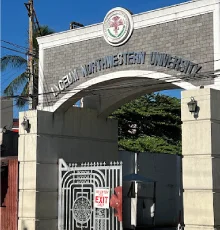
Public
Course: Medical
|
Degree:
|
Country: Philippiness
Admission Helpline: +91 8284972098
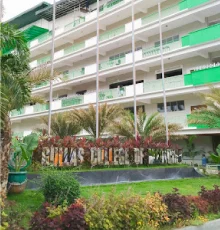
Public
Course: Medical
|
Degree:
|
Country: Philippiness
Admission Helpline: +91 8284972098
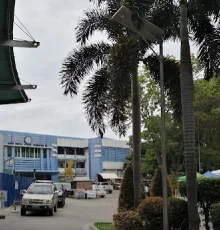
Public
Course:
|
Degree:
|
Country: Philippiness
Admission Helpline: +91 8284972098
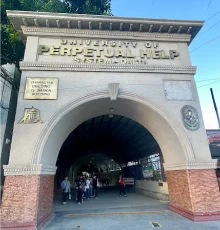
Public
Course: Medical
|
Degree: Bachelor
|
Country: Philippiness
Duration
: 1 Yr of BS + 4.5 Yrs of MD + 1 Yr of Internship
Admission Helpline: +91 8284972098
 How to Write Your First Blog Post
How to Write Your First Blog Post
 Mbbs In Russia
Mbbs In Russia
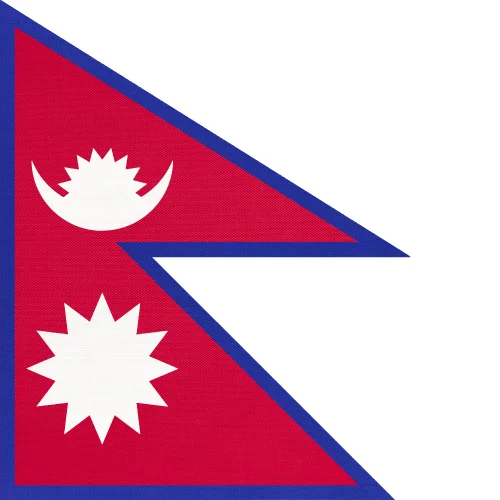 Mbbs in Nepal
Mbbs in Nepal
 MBBS In China
MBBS In China
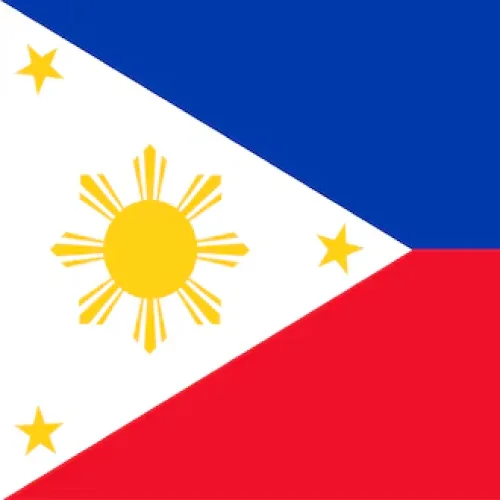 MBBS in Philippins
MBBS in Philippins
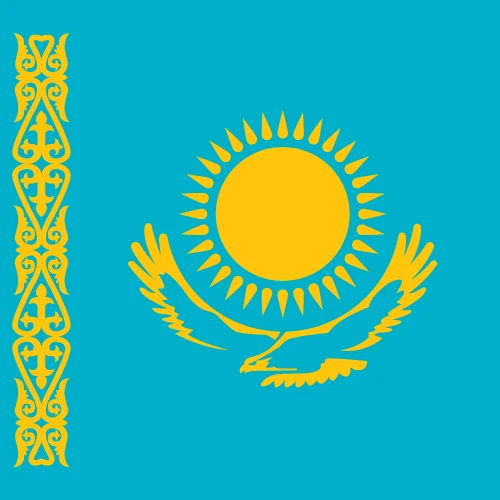 MBBS in Khazakhstan
MBBS in Khazakhstan
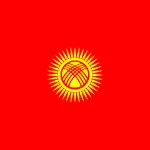 MBBS in Kyrgyzstan
MBBS in Kyrgyzstan
 MBBS in Georgia
MBBS in Georgia
 MBBS in Egypt
MBBS in Egypt
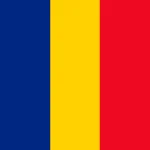 MBBS in Romania
MBBS in Romania
MBBS in Belize
 MBBS in Belize
MBBS in Belize
 MBBS In Bangladesh
MBBS In Bangladesh
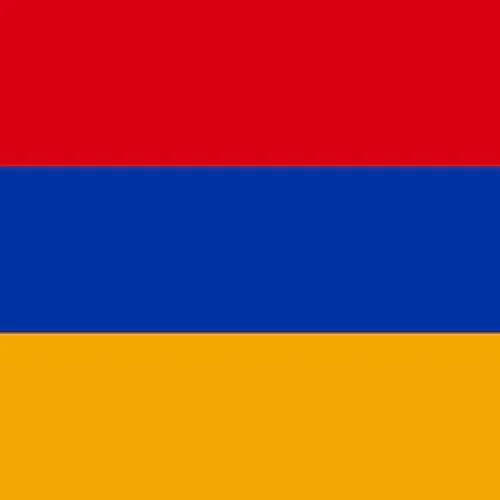 Mbbs in Armenia
Mbbs in Armenia
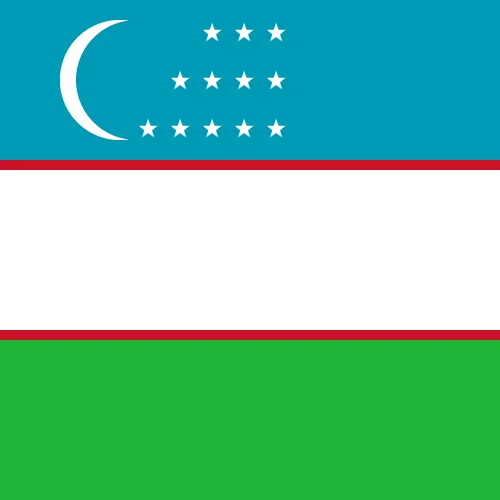 MBBS in Uzbekistan
MBBS in Uzbekistan
 MBBS In Belarus
MBBS In Belarus
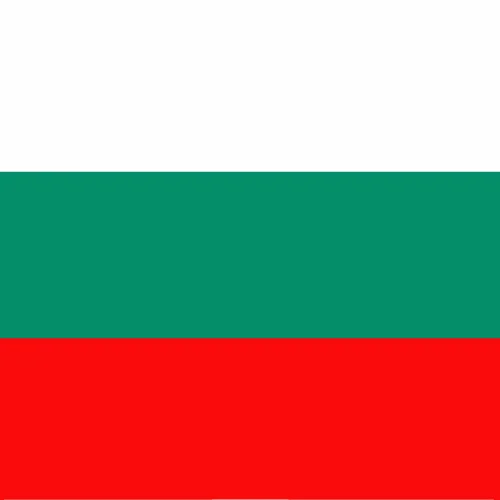 MBBS In Bulgaria
MBBS In Bulgaria
 MBBS In Germany
MBBS In Germany
 MBBS In UK
MBBS In UK
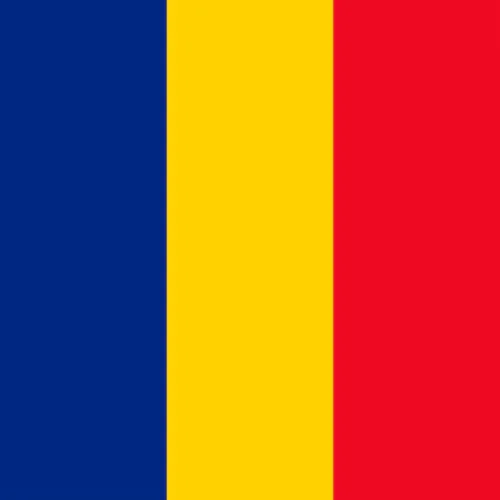 MBBS In Moldova
MBBS In Moldova
 MBBS In Italy
MBBS In Italy
 MBBS In Australia
MBBS In Australia
 MBBS In USA
MBBS In USA
 MBBS In Bosnia And Herzegovina
MBBS In Bosnia And Herzegovina




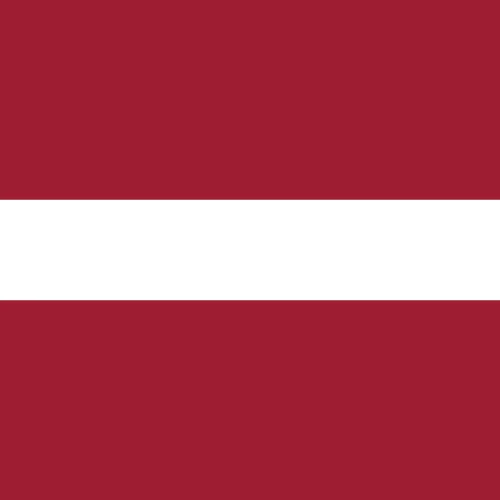
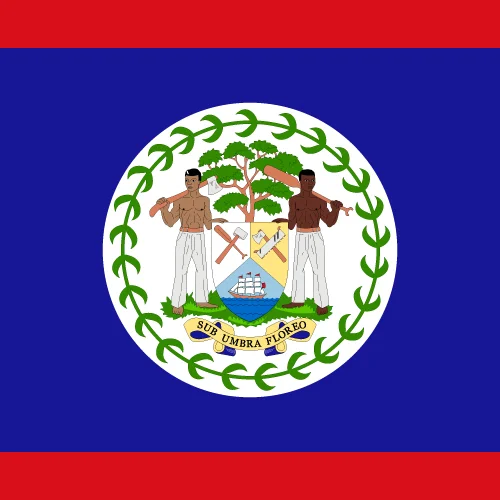
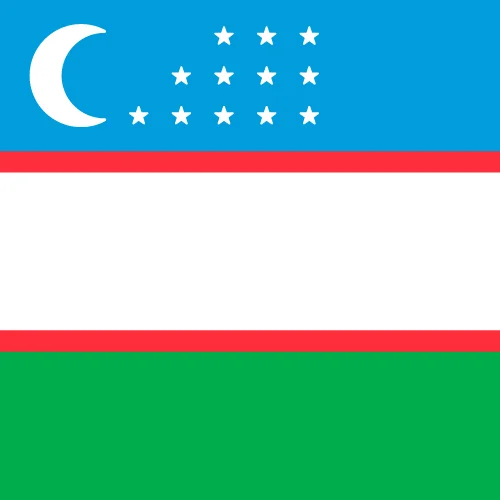
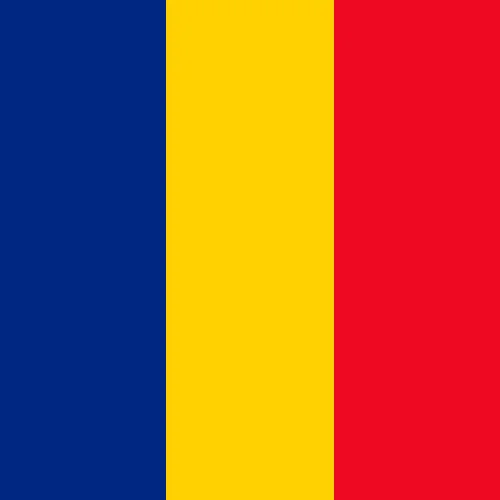

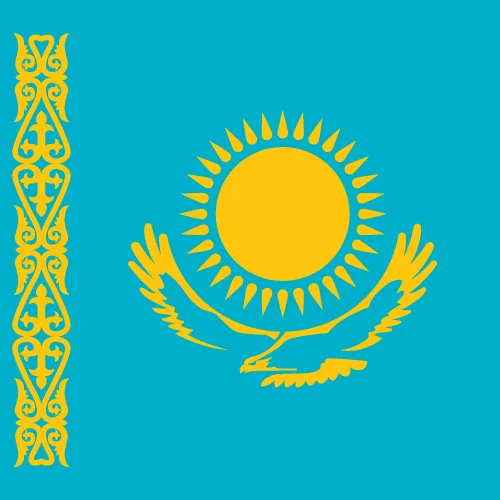
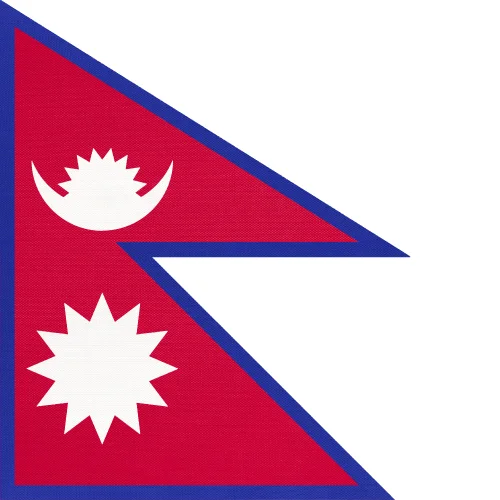


















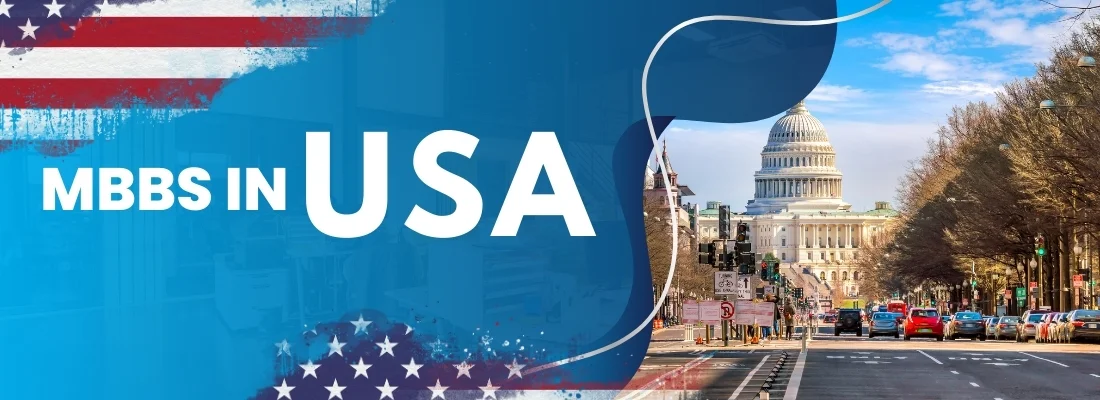
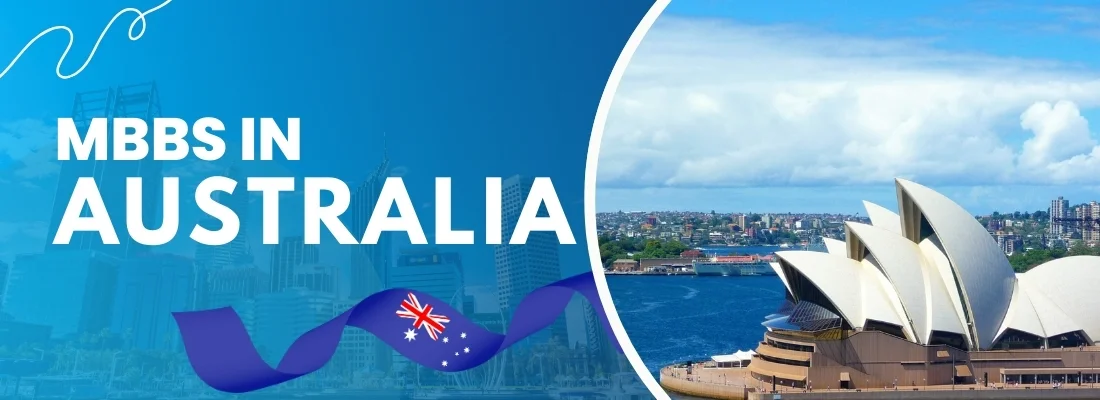



 India Office
India Office
 UK Office
UK Office
 Nepal Office
Nepal Office